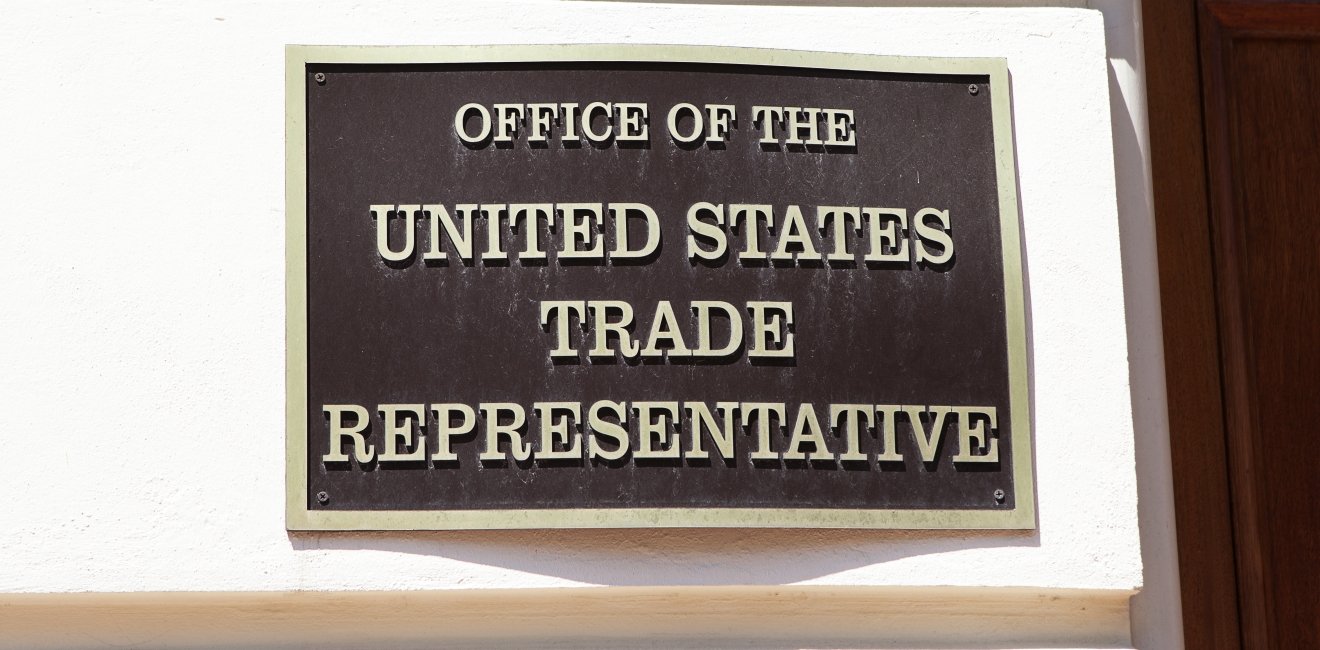
A blog of the Indo-Pacific Program
With both the Republicans and Democrats declaring a victory in November’s U.S. midterm elections, uneasiness persists as to what the consequences of the results could actually mean. There is growing expectation that the political impasse will lead to greater entrenchment and less incentive to compromise on public policy. On the trade front, that may well lead to more uncertainties about tariffs and increased possibility of greater friction.
Further politicization of trade may be inevitable. With an eye to the presidential elections in two years’ time, the impetus for the White House to step up efforts to demonstrate U.S. strength will only increase, especially with support from key advisors including Vice President Mike Pence and White House Trade Council Director Peter Navarro not to back down from the administration’s hawkish stance.
Further politicization of trade may be inevitable.
The question is whether key U.S. allies will be able to decouple being under attack from Washington on the trade front on the one hand, while continuing to have strong security and diplomatic relations with the Trump administration on the other. That will certainly continue to be Japan’s dilemma as it negotiates a trade deal with Washington while keeping the United States committed to regional security and promoting stability in the longer term. Already, though, there are signs of strain. While the two countries were seemingly at an impasse, with Tokyo pressing for Washington to return to the TPP while the United States argued for a bilateral trade deal, the two sides were able to reach a compromise in September by agreeing to begin negotiations on a bilateral pact focused solely on goods by keeping services out. Yet days after the midterms at a Tokyo press conference, Vice President Pence said that the United States “has had a trade imbalance with Japan for too long,” adding that a bilateral deal was necessary. Such comments were quickly dismissed by the Japanese side, but Tokyo’s wariness about the White House’s trade strategy moving forward remains. Indeed, President Trump’s press conference the day after the elections at which he voiced his concerns about Japanese auto imports into the United States, while citing erroneous data including doubling the U.S. deficit with Japan, alarmed many.
With USTR hearings on moving forward with a Japanese trade deal looming next month, the single biggest issue of concern will be how the administration will address the issue of Japanese auto imports into the United States. While imposition of section 232 on the auto sector is expected to be off the table so long as Tokyo and Washington continue negotiations, the possibility of tariffs being slapped on remains in spite of a broad consensus that such an action would actually hurt U.S. consumers and the broader U.S. economy. Yet invoking section 232 which allows the U.S. president to adjust import levels in the name of national security will undoubtedly prove to be a huge blow for broader U.S.-Japan relations at a time when Washington does need a strong, reliable partner in Japan to anchor peace in the tumultuous Asia Pacific region. Granted, Japan’s steel sector has already been hit by section 232, but attacking the auto sector through punitive tariffs would be a deep blow that would have far greater political consequences.
Granted, Japan’s steel sector has already been hit by section 232, but attacking the auto sector through punitive tariffs would be a deep blow that would have far greater political consequences.
What Washington should focus on instead is to decouple its trade relations with China from the rest of Asia. While the Trump administration’s strategy of imposing tariffs to the tune of $250 billion with the potential of increasing that number still further may not be seen as the most effective strategy to reduce the U.S. trade deficit with China, there is a broad consensus not just within the United States but also among key U.S. allies including Japan that China’s unfair trade practices need to be addressed. The question is less about what the administration’s ultimate objectives are, namely to change China’s economic rules and trade practices, but rather about how escalating tariffs could hurt the U.S. economy before or even whether it changes Chinese behavior.
The first test of how Washington moves forward with getting to a deal with a key regional ally will be unveiled December 10 as the USTR holds hearings on trade negotiations with Japan as required.
Image: Mark Van Scyoc / Shutterstock.com
Follow Shihoko Goto, senior associate for Northeast Asia, on Twitter @GotoEastAsia.
The views expressed are the author's alone, and do not represent the views of the U.S. Government or the Wilson Center. Copyright 2018, Asia Program. All rights reserved.
Author


Indo-Pacific Program
The Indo-Pacific Program promotes policy debate and intellectual discussions on US interests in the Asia-Pacific as well as political, economic, security, and social issues relating to the world’s most populous and economically dynamic region. Read more





